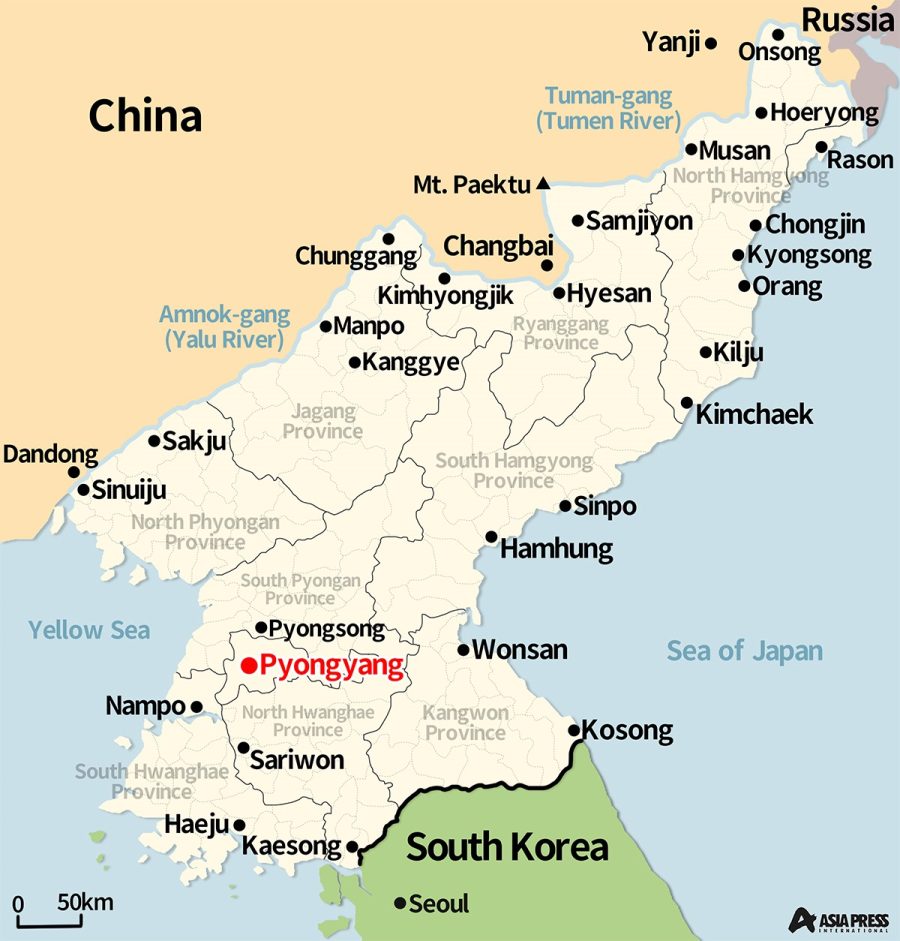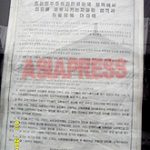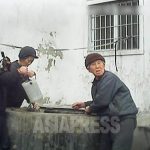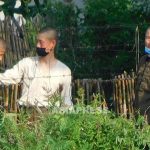The introduction of renewable energy is being promoted on North Korean farms. According to central government directives, the installation of solar power generation and biomass power generation facilities has begun at farmers' own expense. The purpose appears to be having farms themselves improve the chronic power shortage problem. This was reported in mid-August by a farm worker reporting partner residing in North Hamgyong Province. (HONG Mari / KANG Ji-won)
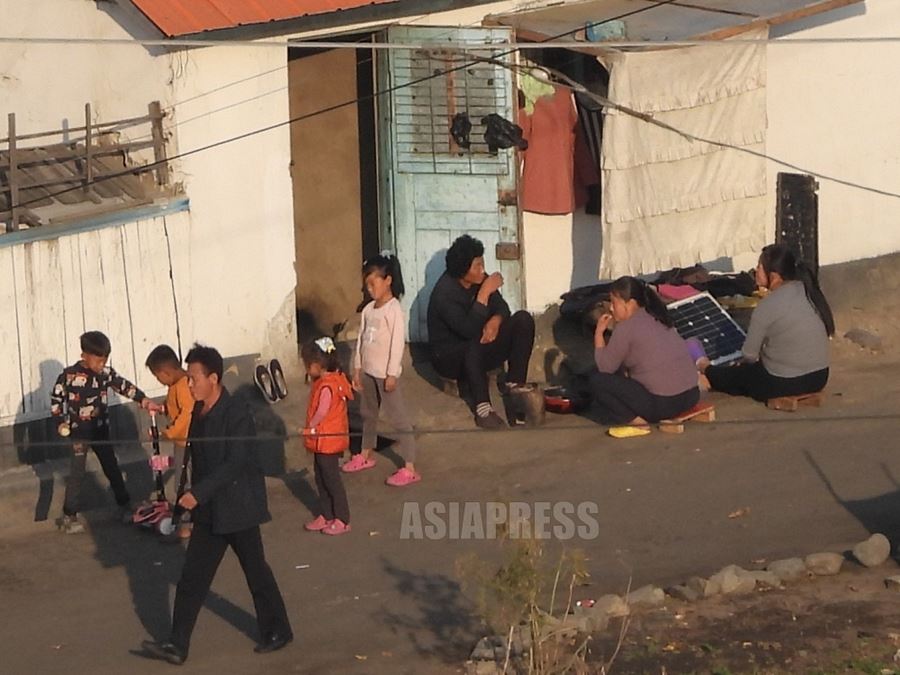
◆Orders to Install Domestic Solar Cells
The farm worker reporting partner gave information about activities related to renewable energy introduction:
"Instructions came down from the central government to farms to produce energy through self-reliance. We were told to purchase solar storage batteries and install them on farm propaganda rooms and on the roofs of individual homes. The farm purchased domestic equipment produced by the Taedonggang Battery Factory and Pyongsong Solar Energy Factory, and one technician was dispatched from the factory for installation while farm personnel were also mobilized. At our farm, installations are being prioritized first at the propaganda room, party committee, and research room."
This means that government and Workers' Party facilities, as well as 'research rooms' where the revolutionary histories of Kim Il-sung, Kim Jong-il, and Kim Jong-un are studied, are being installed before farmers' homes.
<North Korea Special>What is the Reality of Kim Jong-un's Agricultural Policy Reform?
◆Installation Costs Ultimately Borne by Farmers - Payment Deferred Until Fall Harvest
What's concerning is the installation expenses. According to the reporting partner, it's not government-funded but placed on the shoulders of farmers, paid on credit with the fall harvest.
"It's all on credit. After the fall harvest, each household must pay about 40 kilograms of corn. The farm is being forced to buy state-owned (factory) products."
Additionally, ammonia production tanks utilizing compost and human waste are also being constructed in parallel. This is likely a plan to install biomass power generation facilities.
"They say compost, human waste, livestock excrement, and other things will be collected and put in tanks, and the gas produced from there will be utilized. Village people are being mobilized for digging work," the reporting partner said.
While it's unclear whether the rural introduction of renewable energy is nationwide, it appears to be a move to shift what should originally be government expenditure on power infrastructure investment to rural burden, utilizing the farm autonomous management principles that began several years ago.
※ ASIAPRESS communicates with its reporting partners through Chinese cell phones smuggled into North Korea.
